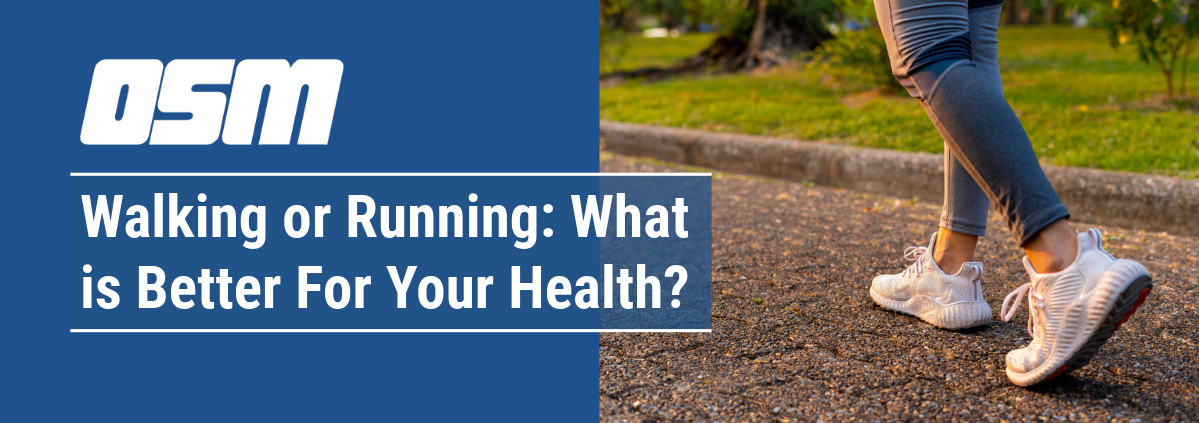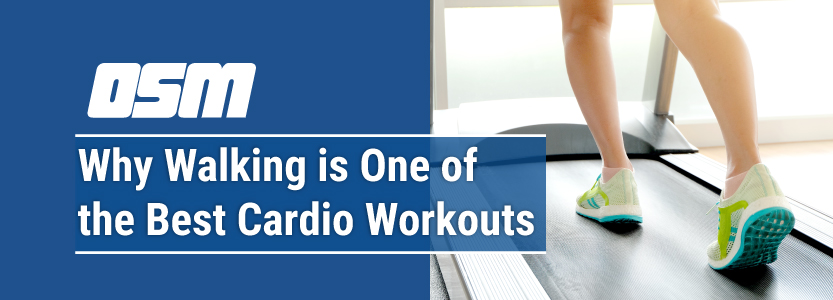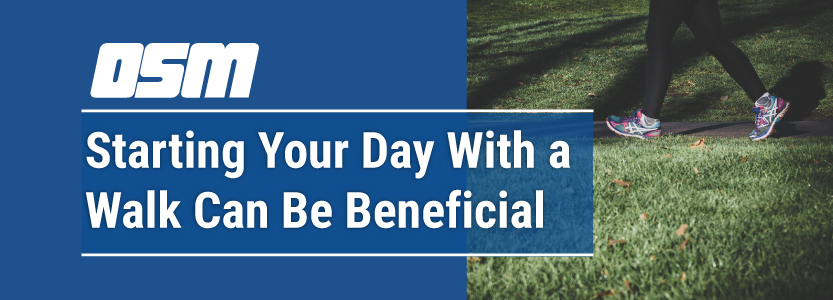Article featured on Healthline
Walking can offer numerous health benefits to people of all ages and fitness levels. It may also help prevent certain diseases and even prolong your life.
Walking is free to do and easy to fit into your daily routine. All you need to start walking is a sturdy pair of walking shoes.
Read on to learn about some of the benefits of walking.
1. Burn calories
Walking can help you burn calories. Burning calories can help you maintain or lose weight.
Your actual calorie burn will depend on several factors, including:
- walking speed
- distance covered
- terrain (you’ll burn more calories walking uphill than you’ll burn on a flat surface)
- your weight
You can determine your actual calorie burn through a calorie calculator. For a general estimate, you can also refer to this chart.
2. Strengthen the heart
Walking at least 30 minutes a day, five days a week can reduce your risk for coronary heart disease by about 19 percent. And your risk may reduce even more when you increase the duration or distance you walk per day.
3. Can help lower your blood sugar
Taking a short walk after eating may help lower your blood sugar.
A small study found that taking a 15-minute walk three times a day (after breakfast, lunch, and dinner) improved blood sugar levels more than taking a 45-minute walk at another point during the day.
More research is needed to confirm these findings, though.
Consider making a post-meal walk a regular part of your routine. It can also help you fit exercise in throughout the day.
4. Eases joint pain
Walking can help protect the joints, including your knees and hips. That’s because it helps lubricate and strengthen the muscles that support the joints.
Walking may also provide benefits for people living with arthritis, such as reducing pain. And walking 5 to 6 miles a week may also help prevent arthritis.
5. Boosts immune function
Walking may reduce your risk for developing a cold or the flu.
One study tracked 1,000 adults during flu season. Those who walked at a moderate pace for 30 to 45 minutes a day had 43 percent fewer sick days and fewer upper respiratory tract infections overall.
Their symptoms were also lessened if they did get sick. That was compared to adults in the study who were sedentary.
Try to get in a daily walk to experience these benefits. If you live in a cold climate, you can try to walk on a treadmill or around an indoor mall.
6. Boost your energy
Going for a walk when you’re tired may be a more effective energy boost than grabbing a cup of coffee.
Walking increases oxygen flow through the body. It can also increase levels of cortisol, epinephrine, and norepinephrine. Those are the hormones that help elevate energy levels.
7. Improve your mood
Walking can help your mental health. StudiesTrusted Source show it can help reduce anxiety, depression, and a negative mood. It can also boost self-esteem and reduce symptoms of social withdrawal.
To experience these benefits, aim for 30 minutes of brisk walking or other moderate intensity exercise three days a week. You can also break it up into three 10-minute walks.
8. Extend your life
Walking at a faster pace could extend your life. Researchers found that walking at an average pace compared to a slow pace resulted in a 20 percent reduced risk of overall death.
But walking at a brisk or fast pace (at least 4 miles per hour) reduced the risk by 24 percent. The study looked at the association of walking at a faster pace with factors like overall causes of death, cardiovascular disease, and death from cancer.
The takeaway
Walking can fulfill daily recommended exercise for people of all ages and fitness levels.
Consider getting a pedometer or other fitness tracker to keep track of your daily steps.
Choose a walking route and daily step goal that’s appropriate for your age and fitness level.
Warm and cool down before walking to avoid injury. Always speak to your doctor before starting a new fitness routine.
The Orthopedic & Sports Medicine Center of Oregon is an award-winning, board-certified orthopedic group located in downtown Portland Oregon. We utilize both surgical and nonsurgical means to treat musculoskeletal trauma, spine diseases, foot and ankle conditions, sports injuries, degenerative diseases, infections, tumors and congenital disorders.
Our mission is to return our patients back to pain-free mobility and full strength as quickly and painlessly as possible using both surgical and non-surgical orthopedic procedures.
Our expert physicians provide leading-edge, comprehensive care in the diagnosis and treatment of orthopedic conditions, including total joint replacement and sports medicine. We apply the latest state-of-the-art techniques in order to return our patients to their active lifestyle.
If you’re looking for compassionate, expert orthopedic and podiatric surgeons in Portland Oregon, contact OSM today.
Phone:
503-224-8399
Address
1515 NW 18th Ave, 3rd Floor
Portland, OR 97209
Hours
Monday–Friday
8:00am – 4:30pm







